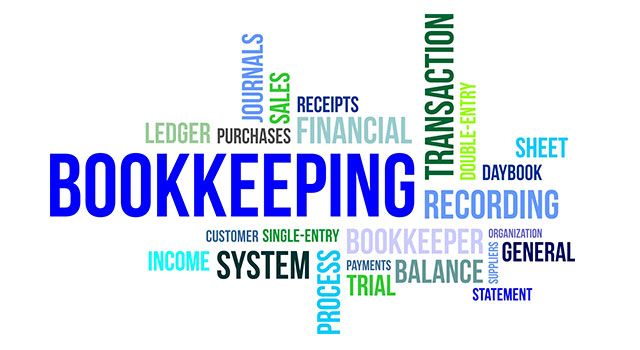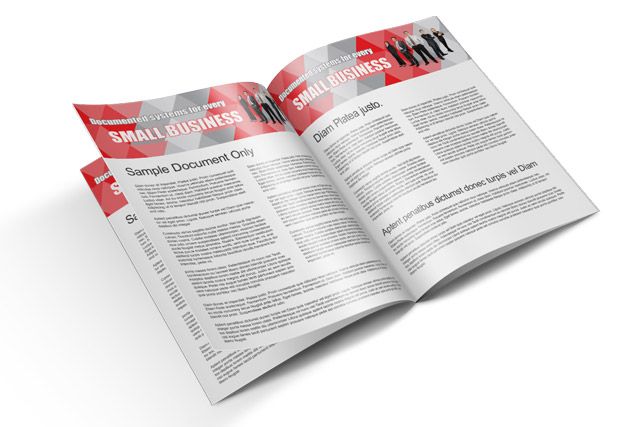
Succession Planning - Why Is It Necessary?
Issue 0004
It is complicated by the number of business owners, now described as ‘baby boomers’, who are contemplating disposing of their businesses. Succession planning is not just about someone who is 60 to 70 years of age. Succession planning can apply in a business, at any age of the owner. In fact, succession planning can also apply to virtually every position within the business. Who is going to take over if something happens to a particular person? Who should be getting trained and developed through professional development training courses etc., so that, in two to three years’ time, they will be able to perform specific duties within the business?
WHAT’S IN THIS EDITION
- Succession Planning – Why Is It Necessary?
- What Do You Want From Your Business?
- Are You Planning To Retire?
- What Are Your Needs?
- Obtaining Professional Advice
- Family Charter/Constitution
Succession planning is part and parcel of the ongoing activity within a thriving business. It is a challenge that every business operator should be taking very seriously. My observation is that, in planning succession, you will need to review your business. First of all, let us consider someone who is perhaps a ‘baby boomer’, or someone in their fifties, who might be wanting to slow down, or do something different in their business activities.
What Do You Want From Your Business?
So what do you want from your business? Did you set out to create a legacy? If so, have you? Did you need to provide a set inheritance for children and grandchildren? Have you got any dependents, who are relying on you to provide for them as you get older, or do you just want to develop the business so you can sell it and move on to another business? There are plenty of people who do that! Not everyone likes sitting in one or two businesses for a long time. Some people get a great ‘buzz’ out of starting a business, building it up and then selling it.
Are You Planning To Retire?
If you are going to plan to retire, what do you do to build the business up, to you enjoy your retirement? Some of the questions are:
- What is the business value?
- Is the value your accountant has calculated adequate for you, to do what you plan to do in retirement, and to make whatever special payment provisions you need to make towards:
- travel, or
- buy a boat; or
- a holiday home; or
- new vehicles?
- Are you going to be able to do that?
- What would you like to achieve in your business?
- Do you have any family members working in the business, to which you'd like to give the business? If so, how are you going to win? Where is your income going to come from?
- Are you contemplating selling your business to another organisation? If so, have you got any idea on who that other organisation might be?
- If you sold the business, what would happen to your team? Have you got long-term, very loyal employees? Have you thought about negotiating to sell them the business or part of the business?
If you are not going to be there on a day-to-day basis, and you are contemplating selling the business to someone else, and you would like your team to remain so they can continue to earn their income, do they need additional training to take over some of the tasks you have been doing in the past? Could the business perform without you, or do you need to undertake some specific training with the personnel within the business?
What Are Your Needs?
Will you have enough money to retire? Do you have a current Will? How long since you reviewed it? Are the executors you appointed, possibly many years ago, still the most appropriate people to be the executors of your Will, now that you have established a business? Do you have any trade secrets, recipes, agreements with suppliers or staff? Do you need to write these down, so they are available to people in your organisation, if you were no longer available?
Obtaining Professional Advice
These are the types of questions you need to be considering when embarking on succession planning within your business. Accountants, who are offering business advisory services, have been trained and have utilised specific tools and articles, to equip them to be able to give you proper advice when it comes to your succession planning. Every succession plan is different; everyone has different needs; everyone has different types of businesses. What the accountant will be doing is working through a series of checklists and questionnaires, to evaluate your business; to review the effectiveness of your management team, and to look at ownership issues. Do you have a partner in the business? Would they like to buy you out? In every succession, there will be some legal issues, so you will need to have some discussions with your lawyers. It would be a good idea for your accountant to document what those questions are, so they can all be adequately covered in a legal review process.
Family Charter/Constitution
Does your business have a family charter or a constitution? If you don’t, and you are not planning to retire in the next couple of years, it might be a good idea to develop a family charter, to help you and your family guide you through the succession process. This could be particularly beneficial where you have some of your family members working in the business and some who are not. As a parent, you may well be trying to ensure there is some equity in how you are planning your ultimate estate to be distributed. If you have a family charter, you may also have a family council, in which case, you need to be mindful of deliberations that have occurred in those family council meetings. Alternatively, if you are a little younger, you may decide you want to research what a family counsel is all about, because many small/medium enterprises in Australia are utilising both family charters, constitutions and family counsels, to assist in the management and corporate responsibilities of the family business and the wider family because, in many cases, that can become a real issue. These are the items that an accountant, conducting a succession planning assignment for a small/medium enterprise operator, should be taking into consideration. If you haven’t considered succession issues, or it is some years since you last considered it, then my suggestion to you is that you should be having discussions with your accountant. If your accountant is not able to supply the advice, because they are not involved in business advisory services, please send an email to peter@essbiztools.com.au, and I can supply you with names of accountants in your postcode area, who are offering these types of services. ESS BIZTOOLS has access to hundreds of articles, prepared to assist small business to improve business operations. A complimentary copy of our report, ‘Succession Planning – Why Is It Necessary?’ (click to download). If you wish to subscribe to our future podcasts, you can visit our iTunes – Podcasts - Survival Hints for Small Business page. If you have any questions or, if you have suggestions on future items to be covered in Survival Hints for Small Business, please don’t hesitate to contact us.




































